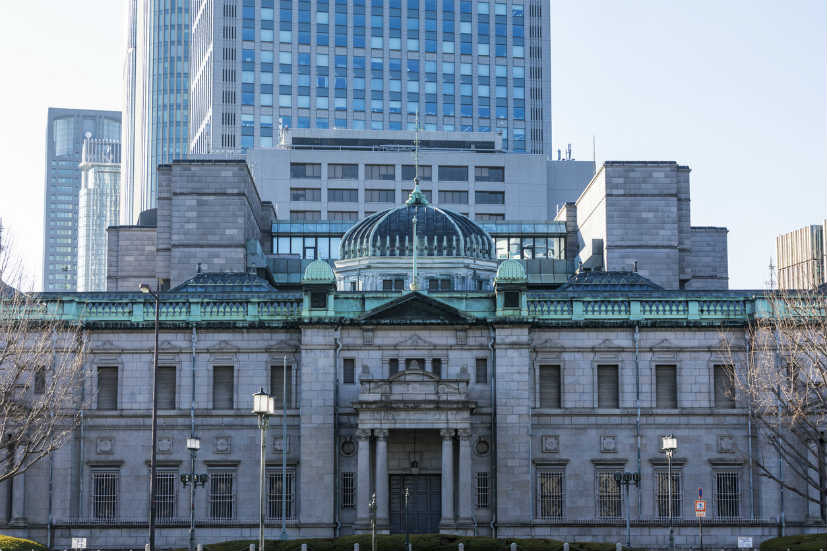
-
Published: 31 March 2023

Bank of Japan Governor Haruhiko Kuroda, whose term ends in April, changed the course of global markets when he unleashed $3.4 trillion of Japanese cash into the world of investment. Now the new governor, Kazuo Oda, is likely to dismantle his legacy, paving the way for a reversal of flow that threatens to send shock waves through the global economy, according to Bloomberg.
Edited | Christian Megan
Economic section
1 April 2023- Tokyo
Just over a week before the Bank of Japan's massive change of leadership, investors are preparing for what appears to be the inevitable end to a decade of ultra-low interest rates that punished domestic savers and sent large amounts of money abroad.
The exodus of money accelerated after Kuroda's move to suppress bond yields in 2016, culminating in a mountain of overseas investment worth more than two-thirds of Japan's economy. All of these risks unravel under the new ruler, Oda, who may have no choice but to end the world's boldest experiment with easy money, just as rising interest rates elsewhere are already shaking the international banking sector and threatening financial stability. The stakes are enormous, according to Bloomberg. Japanese investors are the largest foreign holders of US government bonds, owning everything from Brazilian debt to European power plants to risky loan packages from the United States. A rise in Japan's borrowing costs threatens to amplify volatility in global bond markets, which are being shaken by the Federal Reserve's year-long anti-inflation campaign and the new threat of a credit crunch.
Against this backdrop, tighter monetary policy by the Bank of Japan is likely to intensify supervision of the country's lenders in the wake of recent banking turmoil in the US and Europe.
“When you control the price and loosen the grip, it can be difficult and messy,” Jean Boivin, president of the BlackRock Investment Institute and former deputy governor of the Bank of Canada, told Bloomberg. “We think what happens next is a big problem.”
Stream reversal is already in progress. Japanese investors sold a record amount of foreign debt last year as domestic yields rose amid speculation that the Bank of Japan will normalize policy. Kuroda added fuel to the fire last December when he eased the central bank's grip on yields by a small percentage. In just a matter of hours, Japanese government bonds have plummeted and the yen has soared, rattling everything from Treasuries to the Australian dollar.
Bets for a policy shift by the Bank of Japan have been reduced in recent days, as turmoil in the banking sector has raised the possibility that policymakers will prioritize financial stability. But Oda, the first-ever academic to lead the Bank of Japan, is widely expected to accelerate policy tightening later this year.
{source}<script async src="https://pagead2.googlesyndication.com/pagead/js/adsbygoogle.js?client=ca-pub-4474625449481215"
crossorigin="anonymous"></script>
<!-- moss test ad -->
<ins class="adsbygoogle"
style="display:block"
data-ad-client="ca-pub-4474625449481215"
data-ad-slot="6499882985"
data-ad-format="auto"
data-full-width-responsive="true"></ins>
<script>
(adsbygoogle = window.adsbygoogle || []).push({});
</script>{/source}
